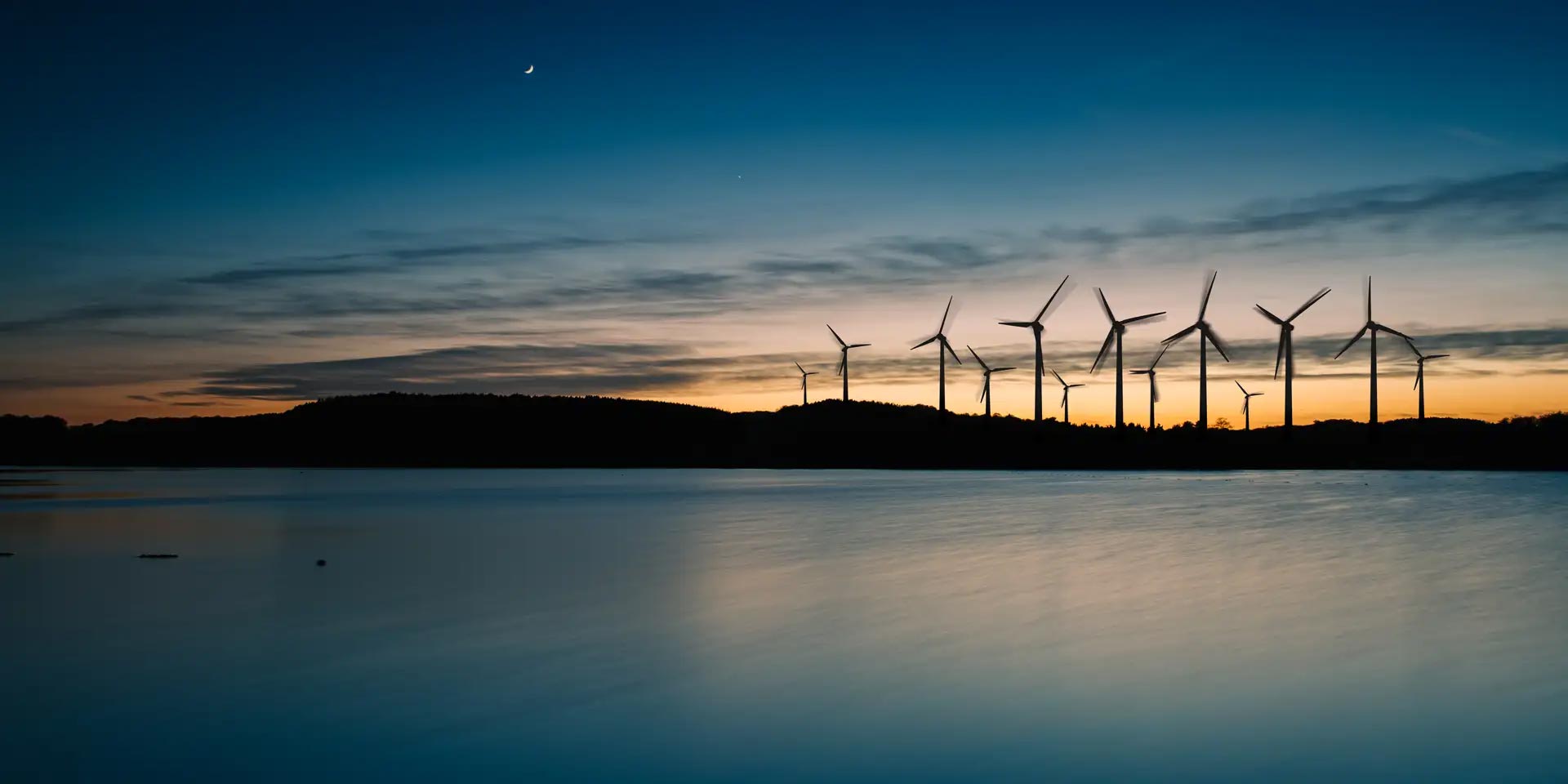
We conduct public interest financial analysis on the most profound economic transformation since the industrial revolution: the transition from fossil fuels to clean energy.


About
Climate Energy Finance (CEF) is a think tank established in 2022 that works probono in the public interest to accelerate decarbonisation. We conduct research and analyses on global financial issues related to the global energy transition from fossil fuels to clean energy, as well as the implications for the Australian economy, with a key focus on the threats and opportunities for Australian investments and exports. Read more

Our Work
AGL | CEF NEWSLETTER | China | CHINA MONTHLY ENERGY UPDATE | Coal/electricity/electrification | Critical minerals | CRITICAL MINERALS SERIES 2022-23 | Decarbonisation | Energy Crisis | Finance Sector & Emissions | Green Iron | Hydrogen | India & Adani | Nuclear | Podcasts | Solar | Submissions | Taxes & subsidies | US IRA/ NZIA et al |
The 4th Climate Investor Forum 2026
The 4th Climate Investor Forum was held on 17–18 February 2026 at Centrepiece, Melbourne, bringing together delegates to explore climate […] Read more
Media
AER AGL Aluminium Batteries Battery Budget BYD CATL CBAM China Coal Critical minerals Decarbonisation Diesel DMO Election Electric Vehicle Electricity/electrification electrostate Energy crisis Federal Election Finance Sector & Emissions Gas Green Iron/Steel Hydrogen India & Adani Methane Nuclear offshore wind Oil OP EDS Peter Dutton Podcasts Renewables Solar Tariff Taxes and subsidies US IRA/EU NZIA et al Wind
OP ED | War on Iran signals urgent need for Australia to end risky imported oil dependency
Pearls & Irritations
The widening conflict in the Gulf has exposed Australia’s extreme reliance on imported oil. With minimal fuel reserves and a $12 billion annual diesel subsidy to mining, energy security has become a national security emergency. The last several days have underscored the existential risk Australia runs by remaining addicted to imported fossil fuels. On 28 February, the US and Israel launched a preemptive war against Iran. Iranian Supreme Leader Ayatollah Ali Khamenei was killed. The conflict is now widening regionally, impacting energy markets worldwide. Yet the Australian government provides a $12 billion annual subsidy to keep us addicted to imported diesel, undermining our clean energy-powered Future Made In Australia, energy security and decarbonisation objectives. Read more
Australian renewables pipeline “running laps” around net zero targets. It’s the pace that is lacking
Renew Economy
Nevertheless, the numbers show investment in new projects is “running laps around the targets required for Australia to hit its net zero targets”, says Climate Energy Finance director Tim Buckley. “The best way to get Australian energy prices trending down sustainably is to get more net new supply of generation online ahead of demand growth,” he said on LinkedIn. “Rooftop solar and 250,000 [behind the meter] batteries really help solve this challenge, but we need a lot more utility scale projects – scale and speed!” Read more
How will datacentres affect Australia’s power prices, water supply and emissions?
The Guardian
A coalition of energy and environment groups, including the Clean Energy Council, Electrical Trades Union, Australian Conservation Foundation and Climate Energy Finance, proposed a set of “public interest principles for datacentres” that include investing in new renewable energy and using water responsibly. “If you want to build a datacentre, you should have to build the renewables and water recycling to power it,” the ACF chief executive, Adam Bandt, said. “Big tech corporations should be forced to do their fair share so they don’t drain our resources.” The Australian Energy Council says key policy questions still need answering: will datacentres need to be 100% renewable? And will that be based on total demand, or take into account when the electricity is being used? Read more
Sign up for updates
Sign up to receive occasional updates on major climate and energy finance news and developments, and notification of new reports, presentations and resources.
"*" indicates required fields
Read our privacy statement here.
